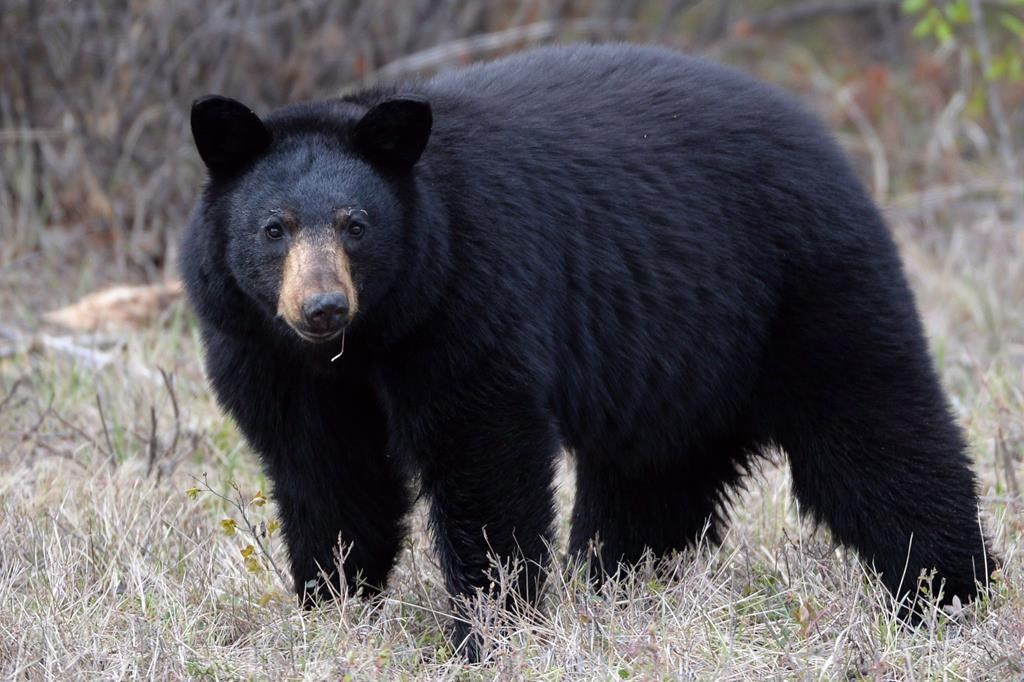Are you bear aware?

According to Manitoba Conservation, a late spring is to blame for this year’s increase in bear sightings — including a local woman’s recent run-in with a black bear at Riding Mountain National Park.
Wildlife conflict biologist Janine Wilmot said while all interactions between humans and bears are dangerous, some are riskier than others.
While getting between a mother bear and her cubs is well-known as a bad move, running into an adult male bear can also be extremely dangerous.
“If you’re in the back country and you’re faced with an adult male black bear, research has shown that’s the most dangerous encounter you can be in,” Wilmot said.
“That tends to be more of a predatory type of encounter, and that’s more likely to result in a fatal attack.”

Get breaking National news
For news impacting Canada and around the world, sign up for breaking news alerts delivered directly to you when they happen.
By providing your email address, you have read and agree to Global News' Terms and Conditions and Privacy Policy.
Erin McKenzie, 27, told 680 CJOB that she was out for a run at Riding Mountain on Monday when she found herself face to face with a large black bear.
She said she’s lucky to have survived the incident, which left her with claw marks on her face and back.
“It all happened in just a couple of seconds; I didn’t really have any time to react at all.
“I’m lucky to have only sustained a cut on my face and my back, and the fact that I still have my eye is quite amazing because the claw mark is only about a centimetre away from my eye.”
Wilmot said if you’re heading into bear country, the main advice is to make your presence known — make noise to alert animals that you’re in the area, try to travel in a group of people, and also carry bear spray, just in case.
“What I taught my children when they were young, is just every so often while we were walking, we’d yell, ‘Hello Bear’ at the top of our lungs.”
If you’re walking a dog, it’s also a good idea to keep it on a leash, Wilmot said.
“(Dogs) have been linked to situations where they can startle a bear and get it agitated and lead it back to their owner,” she said.
“Bears can be known to transfer that aggression from the dog to the person.”














Comments
Want to discuss? Please read our Commenting Policy first.